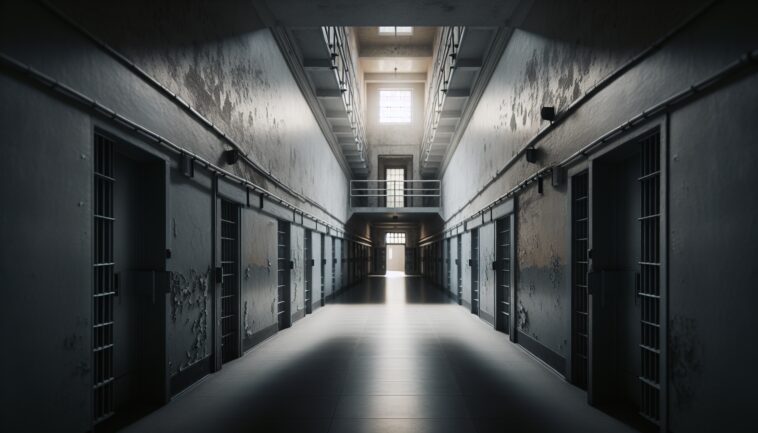Table of Contents
Introduction to inmate health care issues
The recent death of a 41-year-old woman at the Cuyahoga County Jail has brought to light the critical health care challenges faced by inmates in correctional facilities. Jennifer Wade, who had preexisting medical conditions, was under medical care when she experienced a medical emergency that ultimately led to her death.
This tragic incident raises important questions about the adequacy of health care services provided to inmates and the systemic issues that contribute to these challenges.
The systemic barriers to adequate health care
Incarcerated individuals often face significant barriers to accessing quality health care.
Many jails and prisons are underfunded, leading to a lack of medical staff and resources. This can result in inadequate treatment for chronic conditions and a failure to address urgent medical needs. Furthermore, the stigma surrounding mental health issues can prevent inmates from seeking help, exacerbating existing conditions.
The intersection of poverty, mental health, and incarceration creates a perfect storm for health crises within these facilities.
The role of policy in shaping inmate health care
Policies governing health care in correctional facilities vary widely across the United States.
Some states have implemented reforms aimed at improving health care access for inmates, while others continue to operate under outdated systems that prioritize punishment over rehabilitation. Advocacy groups argue that comprehensive policy changes are necessary to ensure that all inmates receive the medical attention they need.
This includes not only physical health care but also mental health services, which are often overlooked in correctional settings.
Community impact and the path forward
The implications of inadequate health care in jails extend beyond the prison walls. When inmates do not receive proper medical treatment, it can lead to increased rates of recidivism and a greater burden on community health systems upon their release.
Addressing these issues requires a collaborative effort between correctional facilities, health care providers, and policymakers. By prioritizing inmate health care, we can work towards a more just and equitable system that benefits society as a whole.



